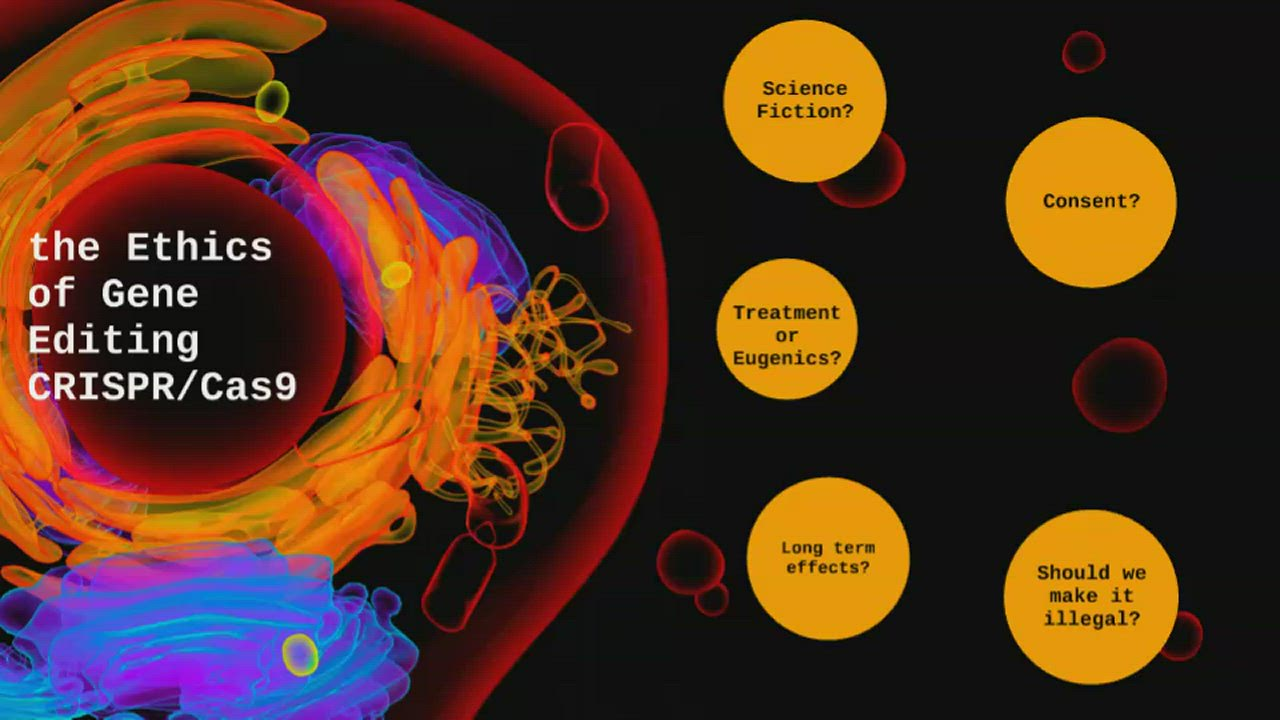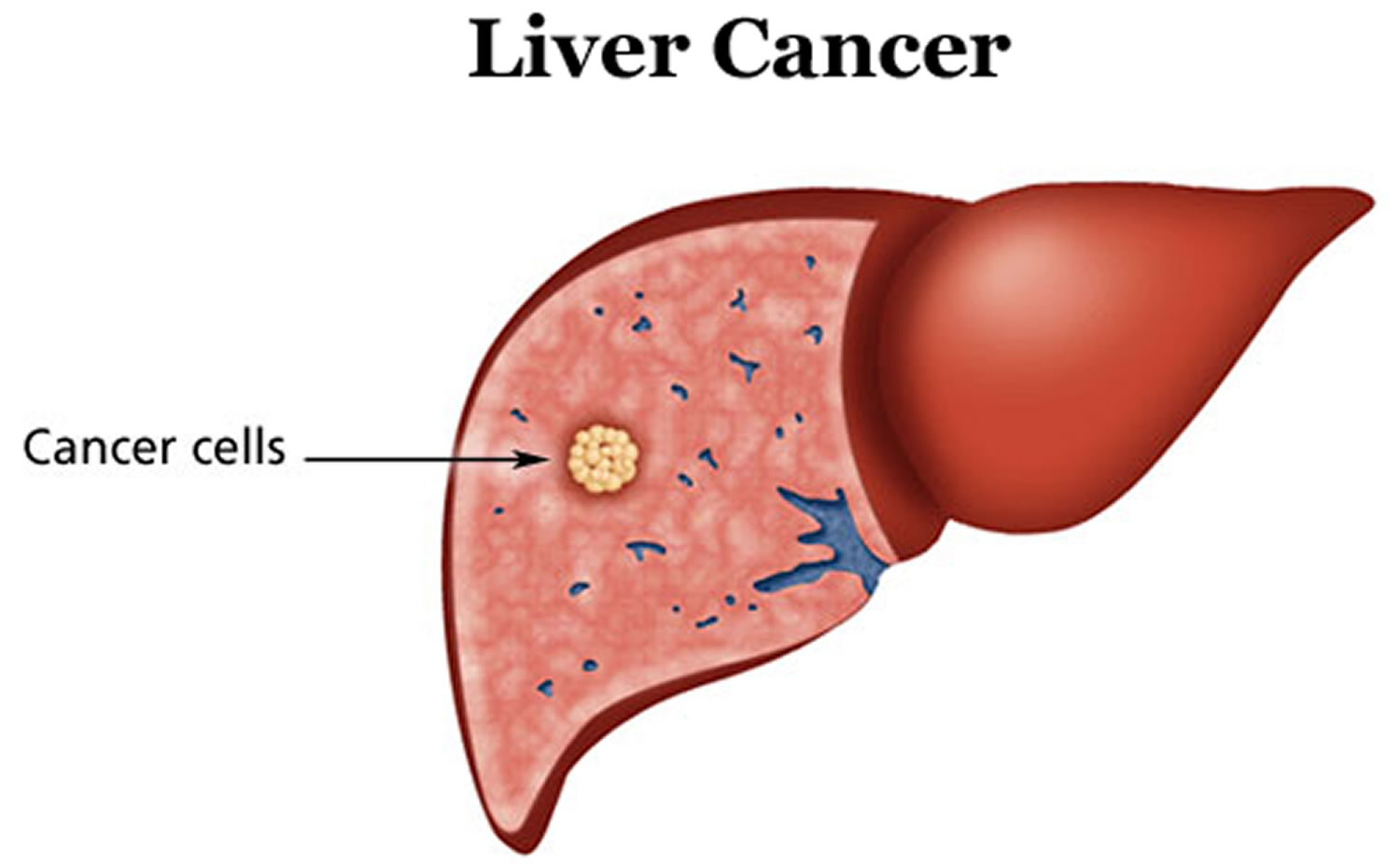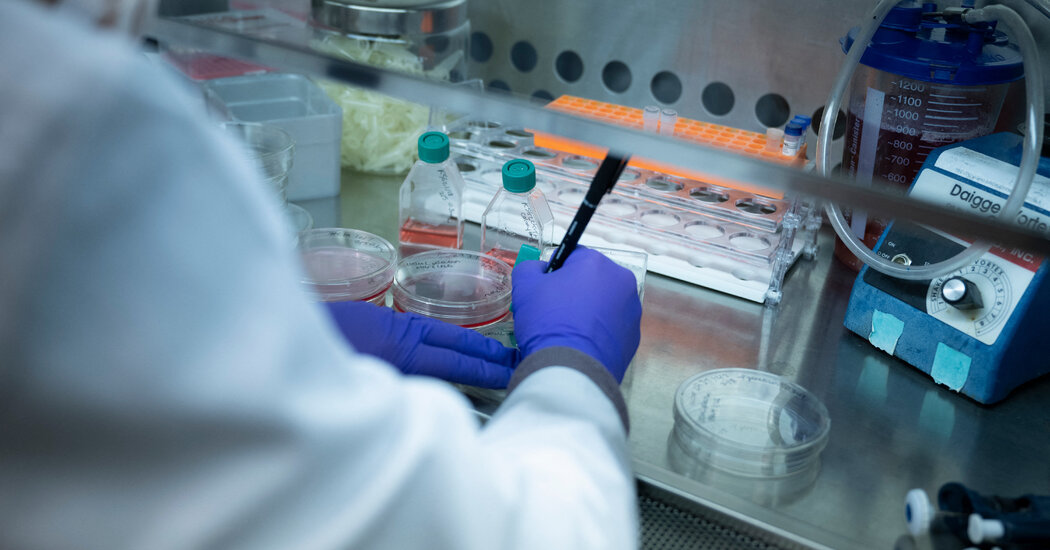Gene editing ethics is at the forefront of modern scientific discourse, especially with the advent of CRISPR technology, which holds the promise to eradicate genetic disorders such as sickle cell disease. As scientists unlock the potential to modify genes, they also grapple with profound moral dilemmas regarding the extent of our intervention in human genetics. The implications of genetic modification transcend individual health, raising questions about health equity and the risk of exacerbating existing social disparities. Discussions in bioethics focus not only on the benefits of curing diseases but also on the potential ramifications of altering human traits and capabilities. With advancements in gene editing comes a responsibility to navigate these ethical challenges thoughtfully, ensuring we consider who gets access to these revolutionary treatments and who is left behind.
The ethics surrounding gene alteration involves contemplating our moral responsibility regarding the natural variation among humans. This conversation encompasses the use of cutting-edge genomic tools, such as CRISPR, which facilitates the precise editing of genetic material at unprecedented levels. As researchers explore the potential for treating conditions like sickle cell anemia, they must balance innovation with ethical considerations about human modification. The debate extends into bioethical territories, questioning the fairness of access to genetic advancements and their implications for broader societal equity. Ultimately, as we stand on the brink of revolutionary change in genetic science, examining these complex issues is essential to ensure responsible stewardship of such powerful technologies.
Understanding CRISPR Technology
CRISPR technology has revolutionized the field of genetic engineering, allowing scientists to make precise modifications to DNA sequences. This breakthrough, derived from a natural system used by bacteria to defend against viruses, enables the editing of both somatic and germline genes. For individuals suffering from genetic disorders like sickle cell disease, CRISPR offers a potential cure by directly targeting the mutations responsible for the ailment. However, the simplicity of the technology belies the complexities and ethical concerns that accompany its implementation.
The promise of CRISPR has led to a paradigm shift in how we view genetic modifications. With the ability to correct faulty genes, there exists a tangible hope for curing life-altering conditions. Nevertheless, the intricacies of the human genome mean that even small changes can have unforeseen consequences, leading to discussions about the biological implications of gene editing. The reality is that while CRISPR has the potential to alleviate human suffering, it also invites questions about the scope, purpose, and morality of altering human genetics.
The Ethical Implications of Gene Editing
The ethical implications of gene editing using CRISPR technology are vast and complex. During discussions around gene modification, important questions rise concerning the morality of editing genes, especially those related to conditions like Down syndrome, which are not life-threatening. Determining who holds the authority to make decisions about genetic alterations raises significant bioethical dilemmas. As Dr. Neal Baer pointed out, the capabilities of CRISPR open doors to possibilities that fundamentally challenge traditional views of human diversity and what it means to be ‘normal’. The conversation moves beyond science into the realm of values, identity, and the essence of humanity.
Another vital aspect to consider is the issue of health equity. As gene editing becomes a viable option for treating conditions like sickle cell disease, the costs associated with these treatments raise dark clouds over the equitable access to such innovations. The staggering price tag of around $2.2 million for a curative treatment places these advancements far from the reach of many, particularly marginalized communities who may suffer disproportionately from genetic disorders. This inequality in access amplifies the ethical responsibility of healthcare providers and policymakers to ensure that gene editing technologies are available to all, not just the affluent.
Health Equity and Genetic Modification
Health equity is a crucial factor in the discourse surrounding genomic therapies like CRISPR. As advancements in genetic modification pave the way for potential cures, there’s a pressing need to address disparities in healthcare access. Many diseases, including sickle cell anemia, predominantly affect underrepresented populations, triggering discussions about who benefits from scientific breakthroughs. If only a select few can afford or access these life-changing treatments, entire communities may be left behind, further exacerbating existing health disparities and inequalities.
Innovations in CRISPR technology must be paired with a commitment to health justice, ensuring that every individual has the opportunity to benefit from advances in medical science. As ethical debates continue to unfold, it is imperative to advocate for systems that promote equitable access to genetic therapies. This includes advocating for policy changes, funding initiatives, and community involvement in decision-making processes surrounding gene editing. Only through inclusive practices can we hope to achieve a future where health equity becomes a reality for all individuals, regardless of socioeconomic status.
Bioethics and the Future of Medicine
Bioethics is increasingly becoming a cornerstone of discussions surrounding CRISPR and gene editing. As the field rapidly evolves, bioethicists advocate for a cautious approach regarding the implications of manipulating genetic materials. This discourse encompasses not only the immediate health impacts of gene editing but also broader societal ramifications, including cultural perceptions of disability, identity, and the potential for genetic enhancement. These factors underscore the need for ongoing ethical assessments and transparent public dialogue about the technology’s trajectory and its consequences.
The future of medicine lies in finding a balance between innovation and ethical considerations. As medical advancements continue to reshape healthcare, the role of bioethics will be crucial in steering the conversation towards the responsible use of gene editing technologies. It involves questions such as how to regulate genetic alterations, informed consent, and protecting vulnerable populations from exploitation. By embedding bioethical principles within the foundations of genetic research, we can create a framework that not only advances science but also respects the dignity and rights of all individuals.
The Promise and Risks of Gene Editing
While CRISPR technology offers the promise of curing genetic diseases with unprecedented precision, it is not without its risks. The manipulation of germline genes raises concerns about unforeseen mutations and the potential for introducing new, unanticipated genetic issues. As scientists like Dr. Baer highlight, we must tread carefully when considering which conditions deserve intervention versus those that embrace human variation and contribute to our diversity. Distinguishing between therapeutic applications and enhancements is a pivotal ethical challenge that must be addressed.
The narrative around gene editing often oscillates between visionary potential and dire caution. Success stories in using CRISPR to treat diseases like sickle cell anemia showcase the immediate benefits that can emerge from these technologies; however, the prospect of creating ‘designer babies’ or altering human traits opens a Pandora’s box of ethical questions. The contrasting views on the use of gene editing underscore the necessity for multidisciplinary collaboration in developing comprehensive guidelines governing its use.
Deciding What Changes to Make
As gene editing plays an increasingly prominent role in medicine, critical decisions about which genetic modifications are appropriate continue to arise. For instance, the question of whether to edit genes for conditions that do not impact life expectancy carries significant philosophical implications. The potential parental desire to select specific traits or eliminate characteristics raises broader discussions about societal norms and the value of diversity. These conversations force us to question not just the technological capabilities, but the moral frameworks guiding their implementation.
Engaging various stakeholders, including healthcare professionals, ethicists, and affected communities, is essential in determining which changes should be permitted or pursued. It is equally important to recognize that the field of genetic editing is rapidly advancing, which leaves room for regulatory and ethical frameworks to evolve. By fostering inclusive discussions, society can navigate the complex terrain of gene editing responsibly, ensuring that the focus remains on enhancing human health without undermining the nuanced realities of human existence.
Innovative Future of Biotechnology
The future of biotechnology, particularly in the context of CRISPR and gene editing, presents tremendous opportunities for innovation. Researchers are exploring not only medical applications but also agricultural enhancement, environmental sustainability, and disease prevention strategies. This broadening of scope highlights the versatility of gene editing technologies and their implications for various sectors of society. As we look forward, the excitement surrounding these advancements often contrasts with the need for comprehensive oversight and ethical compliance.
The potential for gene editing to support sustainable agricultural practices, for example, illustrates the far-reaching impact of biotechnology. However, the improper use of these technologies could exacerbate ecological imbalances or lead to unanticipated consequences in food systems. Therefore, innovation must be paired with a thoughtful consideration of environmental ethics and long-term impacts. By prioritizing the responsible development of biotechnologies, we can ensure that innovation serves the common good while mitigating adverse outcomes.
The Role of Public Opinion in Gene Editing
Public opinion plays a critical role in shaping the landscape of gene editing and its acceptance within society. Awareness and understanding of gene editing technologies can significantly influence the regulatory and ethical considerations that are implemented. As discussions unfold around the ethics of CRISPR, engaging the public is crucial in creating a well-informed society that is capable of advocating for ethical practices. This entails open dialogue about the implications, benefits, and potential risks associated with genetic modification.
Moreover, public perceptions of genetic editing technologies can also affect funding, research directions, and policy formulation within the field of biotechnology. Stakeholder engagement, through forums and educational initiatives, can help demystify gene editing, fostering informed discussions about its applications in medicine and beyond. As societal perceptions evolve, so too will the frameworks that govern the responsible use of gene editing, ensuring that ethical considerations remain at the forefront of biotechnological advancements.
Regulating Gene Editing Technologies
Regulation of gene editing technologies is crucial to ensure safety, efficacy, and ethical compliance across diverse applications. As the field of genetic editing continues to evolve at breakneck speed, regulatory agencies must adapt to keep pace with the innovations and complexities arising from advancements like CRISPR. Striking a balance between encouraging scientific progress and enforcing ethical standards can be a challenging endeavor, yet it is essential for maintaining public trust and ensuring equitable access to these technologies.
As various countries grapple with the ethical implications of gene editing, international collaboration becomes increasingly important. Establishing global guidelines regarding the appropriate use of CRISPR can prevent unethical practices and promote responsible innovation. Effective regulation can help address concerns about oversight, particularly in nations where regulations may not be as stringent. By fostering a collaborative approach to regulation, we can aspire to create a legal and ethical framework that respects human rights while supporting the revolutionary potential of gene editing.
Frequently Asked Questions
What are the ethical implications of CRISPR technology in gene editing?
The ethical implications of CRISPR technology in gene editing are profound and multifaceted. They involve considerations around consent, especially when editing germline cells, as future generations will inherit these changes without their consent. Ethical debates also center on the potential for ‘designer babies’, where parents might choose traits for their children, raising questions about health equity and the value of genetic diversity. Additionally, the risk of unintended consequences from gene editing cannot be overlooked, as altering one gene can have widespread effects on multiple biological systems.
How does gene editing for sickle cell disease challenge health equity?
Gene editing for sickle cell disease poses significant challenges to health equity, particularly due to the high costs associated with treatments, like those offered by CRISPR technology, which can exceed $2 million. This raises concerns about access, as only a fraction of individuals with sickle cell anemia may afford these treatments. Furthermore, disparities in healthcare access across different socioeconomic groups could exacerbate existing health inequities, leading to a situation where only the wealthy benefit from advanced gene editing therapies.
What is bioethics and how does it relate to gene editing?
Bioethics is a field of study that examines the ethical, legal, and social implications of biological and medical practices, including gene editing. It plays a crucial role in evaluating technologies like CRISPR, ensuring that advancements are made with consideration of moral implications, patient welfare, and societal impact. Ethical issues such as consent, potential misuse, and the moral status of altered organisms are central to bioethical discussions surrounding gene editing.
Can gene editing be used to enhance traits in individuals, and what are the ethical concerns?
Yes, gene editing can theoretically be used to enhance traits, such as physical ability or intelligence. However, this raises numerous ethical concerns, including the potential for genetic discrimination, the concept of ‘playing God’, and the long-term societal implications of creating a genetic divide between enhanced and non-enhanced individuals. There is also a fear that such enhancements could prioritize certain attributes over others, undermining the value of human diversity and complicating concepts of identity and worth.
What oversight exists for gene editing practices in different countries?
Oversight for gene editing practices varies significantly across countries. While some nations have stringent regulations prohibiting germline editing, others, like China and Russia, may have looser constraints, raising concerns about safety and ethical standards. Internationally, there is a growing call for consensus on ethical guidelines to govern gene editing, but inconsistent regulations prompt the need for robust global governance to ensure responsible use of CRISPR technology.
What unintended consequences could arise from gene editing technologies?
Unintended consequences from gene editing technologies can include off-target effects, where changes to the genome happen in unintended regions, potentially leading to harmful mutations. Additionally, altering one gene may disrupt complex biological pathways, causing unforeseen health issues. The long-term ecological impact of releasing genetically modified organisms into the environment also poses significant risks, as changes in one species can reverberate through ecosystems.
Should society allow gene editing for conditions deemed compatible with life, like Down syndrome?
The debate over allowing gene editing for conditions compatible with life, such as Down syndrome, raises profound ethical questions about the nature of disability, societal value, and parental choice. While advancements in gene editing like CRISPR can offer cures, it is crucial to consider the implications of such decisions on identity, acceptance of diversity, and the moral implications of ‘curing’ what may not be perceived as a ‘disease’ by those affected.
| Key Points | Details |
|---|---|
| Ethical Considerations | Gene editing raises questions about the morality of altering human traits and conditions. |
| Health Implications | CRISPR technology offers the potential to cure genetic diseases like sickle cell anemia, but at a cost. |
| Equity Issues | The accessibility and costs of gene editing therapy raise concerns about health equity. |
| Informed Consent | Questions arise regarding the rights of parents to decide genetic traits for their children. |
| Regulatory Oversight | Concerns exist about the lack of monitoring and potential abuses of gene editing technologies. |
| Unintended Consequences | Gene modifications could have unforeseen impacts due to the complex interactions of genes. |
Summary
Gene editing ethics is a critical topic that addresses the moral implications of altering human genetics. The discussions around CRISPR technology raise important questions about our responsibility to change genetic conditions, the equity of access to these advanced treatments, and the rights of parents in genetic decision-making. As the field progresses, balancing innovation with ethical considerations will be vital to ensure that advancements in medicine benefit all of humanity without compromising our moral obligations.



